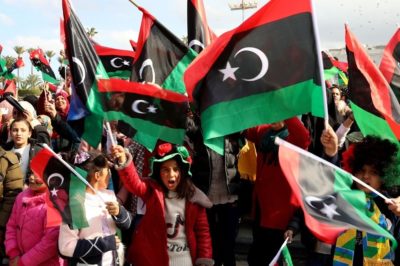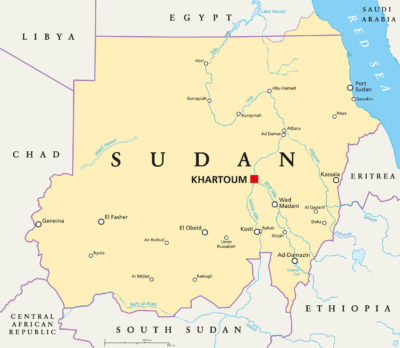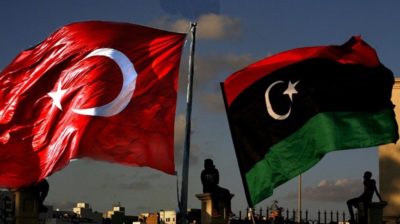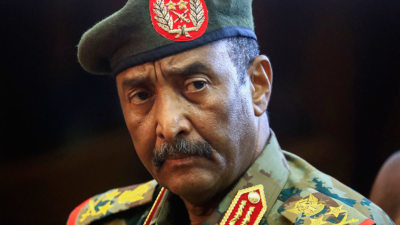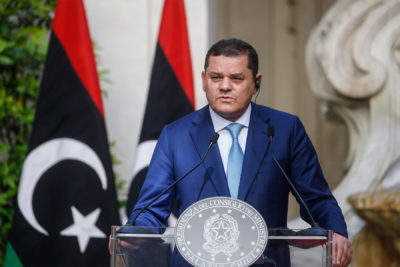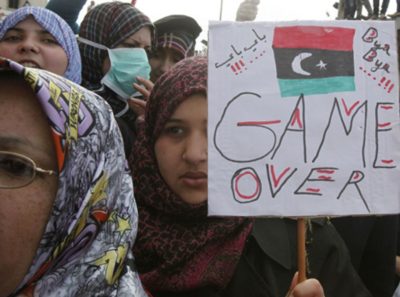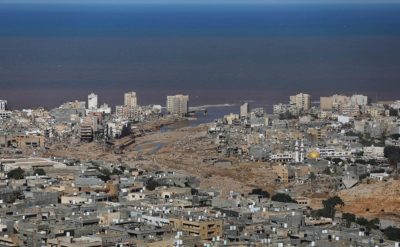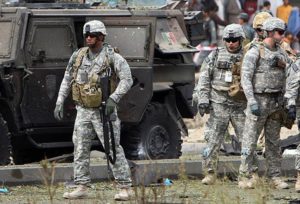Libya today: a configuration of political institutions
Since 2011 Libya has somewhat been a ‘terra incognita’ on the political map of the world. The processes happening within the country, as well as the sporadic conflicts, are a product of too many factors to be fathomable for most people. Furthermore, an assessment of the current situation, including considering the plurality of political institutions and the prospects for ending the year-long crisis of Libyan statehood, is very intriguing from the point of view of the regional security architecture and interstate cooperation…
Foreign policy implications of the conflict in Sudan: neighbors
The more than year-long armed conflict between the Rapid Support Forces and the Sudanese Armed Forces has already had dire consequences, including a humanitarian crisis, destruction of infrastructure and paralysis of government institutions. At the same time, its impact on the situation in the region should not be underestimated: without exception, all of Sudan’s neighbors are to some extent linked to the parties to the conflict…
Turkish Plans in Libya Hang in the Balance...
Libya’s favorable geographical location (primarily access to the Mediterranean Sea) and rich oil and gas resources attract many key global and regional players, and Türkiye is no exception. Ankara is known to show special attention to Tripoli in the context of strengthening its regional position and gaining access to Libya’s oil and gas resources. President Recep Tayyip Erdoğan chose the president’s side in the civil conflict between…
Will Sudan suffer the fate of Libya?
After months of tensions and hostile statements from both sides, the rivalry between the Sudanese army, led by Lt. Gen. Abdel Fattah al-Burhan, the chairman of the Sudanese Sovereign Council serving as president, and the Rapid Support Forces (RSF) paramilitary group led by his former deputy on the Sovereign Council, General Mohamed Hamdan Dagalo (alias Hemedti), erupted into open armed clashes on 15 April this year. At the heart of the current crisis, notes the Arab Centre for Policy Studies in Qatar, is the ongoing struggle between the two aforementioned…
Israel Intentionally Framed up Libya
The Head of the Government of National Unity (GNU) of Libya Abdul Hamid Dbeibeh assured the Palestinian Embassy in Tripoli that he had no intention to restore the relations with Israel. During his visit to the diplomatic mission, Mr. Dbeibeh confirmed that Libya had no plans for normalizing its relations with Tel Aviv. This statement was made in the light of the meeting between the Head of the MFA in the GNU Najla El Mangoush with her Israeli colleague Eli Cohen in this August. Earlier, Ms. Mangoush’s office made a statement that the meeting was authorized by Mr. Dbeibeh…
The UN and the West maintain a strong and ineffective grip over Libya
While ever so new crises and fires rage in a unipolar world—take, for example, the Palestinian-Israeli conflict, which alone might tilt the world into calamity—the United Nations continues to fail in its efforts to negotiate a deal in Libya, thereby abandoning any genuine attempt to bring the country to peace. The United Nations Support Mission in Libya (UNSMIL) has been guilty of a number of errors that have progressively harmed the country’s chances of stabilization…
Libya’s Rocky Path
On 10 September, unprecedented Storm Daniel struck the eastern coast of Libya, producing waves as high as a two-story house, which overwhelmed two dams and, sweeping away houses, bridges, cars and people in its path, flooded the city of Derna with a population of 100,000 people. According to experts, such downpours only happen once every 100 years. As of 11 October 4,333 people were reported dead and approximately 8,000 others missing. 70 per cent of civilian infrastructure was destroyed, including 95 per cent of educational institutions. 42 thousand residents of this region were displaced after losing their homes. In total, this flood caused more than two billion dollars in damage…
The USA: The Empire of lies, in all its splendor
On September 10, Cyclone Daniel made landfall in eastern Libya, where it caused 4,000 deaths and left 10,000 people missing, presumed dead. It also caused massive damage to Libya’s infrastructure, destroying many homes, washing away bridges, flooding roads and ruining crops and fields. Many countries responded rapidly, sending humanitarian aid, medicines and rescue equipment to alleviate the suffering of the Libyan people affected by this unprecedented catastrophe. Teams of emergency response specialists were also dispatched, including highly experienced rescue teams from Russia, who worked around the clock for ten days…
The possibility of a shift in Libya’s eastern zone toward the US
The General Commander of the Libyan National Army (LNA) Field Marshal Khalifa is prepared to transfer full control to his sons and has no intention of participating in the 2023–2024 election campaign. Analysts estimate that such a transit of power could lead to a pro-Western direction in eastern Libya. The 79-year-old warlord’s refusal to participate in the electoral process aimed to reconcile the country’s east and west is owing to his declining health as well as foreign pressure, particularly from Egypt, one of the key supporters of the eastern zone…
Libyan knot: no solution yet
In early October, Turkey and the outgoing government in Tripoli, led by Abdul Hamid Dbeibah, signed an agreement allowing Ankara to explore energy resources in the Mediterranean. According to general opinion in the Arab press and among political scientists, this is not only a blatant violation of international maritime law. It is also confirmation that neither side has any intention or desire to support...
